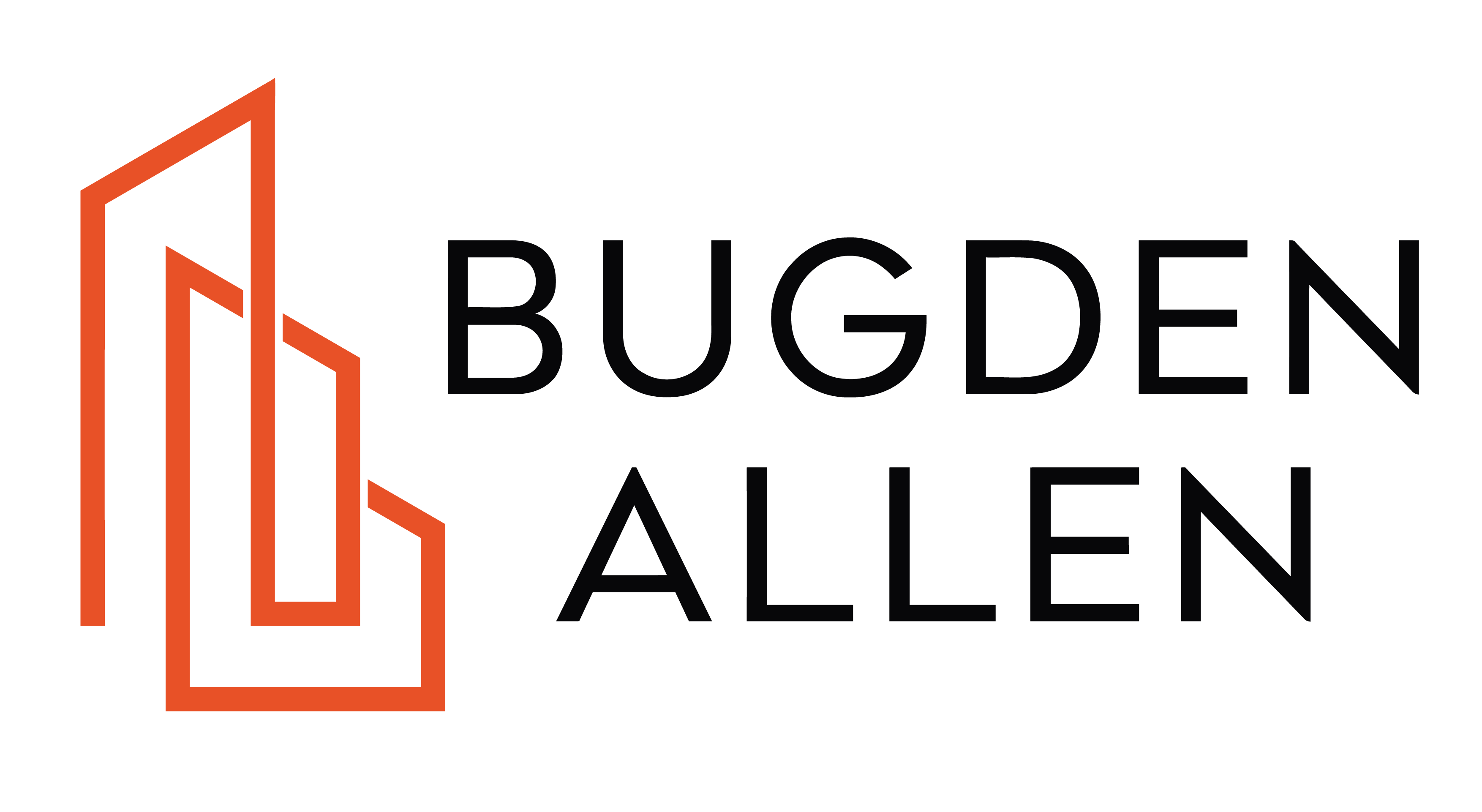Q&A -“A member of my OC won’t pay their levies – should we start action in VCAT?”
Question: A member of my OC won’t pay their levies – Should we start action in VCAT?
- I am the OC Manager of a mid-sized apartment complex. Over the course of the last three years one of the lot owners has regularly defaulted on their levies (Owner). Approximately six months ago, the Owner requested that we put them on a payment plan so they could pay back their outstanding debt of $7,500 and stay up to date with the payment of all future levies. The Owner has defaulted on this payment plan and is no longer returning my emails or telephone calls. Should I advise the OC to commence debt recovery proceedings in the Victorian Civil and Administrative Tribunal (VCAT)?
Answer:
When does a levy become a debt which is due and payable?
An OC can only commence debt recovery proceedings against an Owner once their outstanding levies are due and payable. In seeking payment of these levies, the OC must ensure that it has the authority to charge the Owner for the fees which are being sought.[1]
An owners corporation (OC) has the authority to levy annual fees pursuant to section 23 of the Owners Corporations Act 2006 (Vic) (OCA). These levies must be provided to the Owner in the form of a Fee Notice which complies with the following requirements:
- it must state that the lot owner has an obligation to pay the fees and charges within 28 days after the date of the notice;
- if applicable, it must state that interest at the rate specified in the notice will be payable in respect of any overdue fees and charges; and
- it must include details of the dispute resolution process that applies under the rules in respect of disputed fees and charges.[2]
In circumstances where the Fee Notice complies with the OCA’s prescribed requirements and the Owner fails to comply with the Fee Notice within 28 days after it has been issued, the OC should issue a letter of demand.
Generally, it is at this stage of the dispute resolution process that an OC engages legal representation.
Are there any steps the OC should take before commencing legal proceedings?
The OC should not commence legal proceedings against the Owner without giving them a final opportunity to pay their outstanding fees. This ‘final opportunity’ is often manifested the form of a letter of demand.
Issuing a letter of demand serves the dual purpose of urging the other party to address the issue promptly and demonstrating the OC’s commitment to resolving the dispute without resorting to Court or Tribunal intervention. There is no legal requirement to issue a letter of demand before initiating legal proceedings. However, if you have not taken reasonable steps to resolve the dispute before commencing proceedings, a Court or Tribunal may view your case unfavourably.
If the Owner fails to comply with to the letter of demand before it expires, the OC may commence debt recovery proceedings in VCAT or the Magistrates Court.
Is it ‘easier’ to pursue a claim in VCAT or the Magistrates’ Court?
Both VCAT and the Magistrates’ Court have jurisdiction to determine monetary disputes.[3] However, the power to award legal costs and enforce monetary orders vary drastically between Courts and Tribunals.
OCs often initiate debt recovery proceedings through in VCAT’s Civil Claims List. Presumably, this is because they believe that VCAT is an ‘easier’ and more cost-efficient jurisdiction to navigate.
While these assumptions common place, they do not accurately reflect the difficulties arising from pursing a debt recover claim in VCAT.
What is our recommendation?
In our experience, it is generally preferable to commence debt recovery proceedings in the Magistrates’ Court for the following reasons:
- after the Complaint is filed, the Owner will have 21 days to comply with the Complaint and pay the outstanding monies or file their defence;[4]
- if the defendant fails to file a defence within 21 days of the complaint being filed and served, the OC can apply for default judgement,[5] thereby obtaining monetary order(s) without having to attend a hearing;
- following the High Court’s decision in Burns v Corbett,[6] it is outside VCAT’s jurisdiction to determine disputes where one of the parties is an interstate resident; and
- VCAT does not have the power to enforce monetary orders.
Consequently, commencing debt recovery proceedings in VCAT may prolong a dispute without any substantial advantage for the OC.
DISCLAIMER: This answer is not intended to be legal advice. You should seek independent legal advice tailored to your specific circumstances. The information in this article is of a general nature and is not intended to address the circumstances of your particular legal issue.
[1] For example, the OC cannot charge a lot owner for ‘administration fees’ arising from overdue owners corporation fees.
[2] See section 31 of the OCA.
[3] VCAT’s jurisdiction to determine monetary disputes involving, inter alia, unpaid levies arises from sections 32 and 162 of the OCA; whereas, the Magistrates’ Court’s jurisdiction arises pursuant to section 100 of the Magistrates’ Court Act 1989 (Vic) and section 30 of the OCA.
[4] If the OC’s fees have been calculated correctly and provided to the Owner in accordance with section 31 of the OCA, there is no legal defence for an Owner failing to pay levies.
[5] Default judgement occurs when a Court makes orders without the parties’ attending a hearing as a result of the defendant’s failure to respond to a complaint.
[6] [2018] HCA 15.




